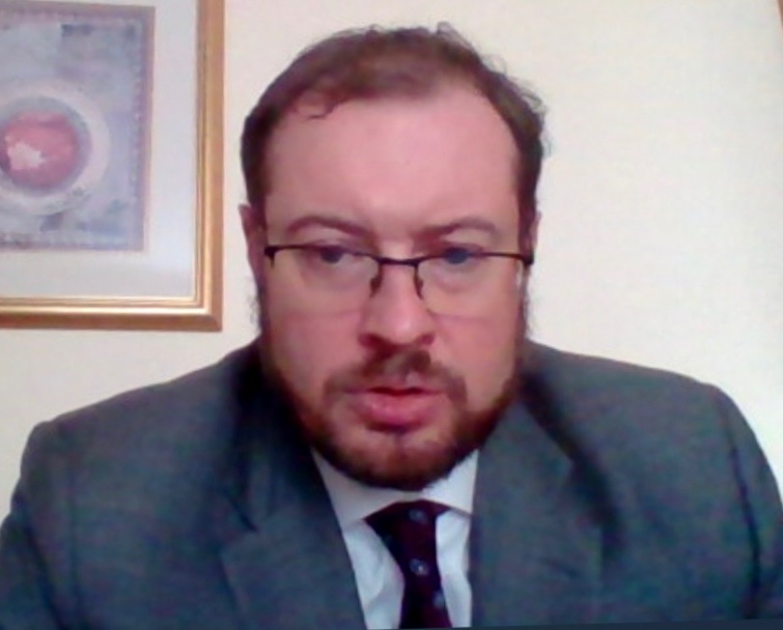Statement by Deputy Permanent Representative of the Russian Federation to the UN Dmitry Chumakov at the Webinar on “The impact of unilateral coercive measures on national health systems of targeted developing countries, in particular on health and well-being of women, children, persons with disabilities and other people in vulnerable situations”
Dear Mr. Chairman,
Let me thank the delegation of the Islamic Republic of Iran for the initiative to organize today's very important event.
The title of our webinar rightly reminds about the cost of hostilities called unilateral sanctions. They lead to the increase in the incidence of HIV/AIDS among women and children, the growth of migration flows from Venezuela, impede the work of UN entities in Sudan and North Korea, threaten people with chronic diseases and the elderly in Iran. On the example of health care, one can clearly see violations of the core human rights to life and to health, enshrined in the Universal Declaration of Human Rights and the International Covenant on Economic, Social and Cultural Rights. Against the backdrop of the pandemic, which calls for solidarity and multilateralism, how should we call the outraging cases of inclusion of Iranian vaccine development companies in the sanctions lists, blockage of the delivery of already ordered medicines to Cuba and Syria, and “interceptions” by the overcomplying banks of donations for the purpose of combating the pandemic?
We recognize however, that in some Western scientific and even government circles, different voices are now heard on the disproportionate burden that sanctions impose on ordinary people. I recall here, for example, the report of the US Government Accountability Office dated February 2021, which, with reference to the partner organizations of the US Agency for International Development, confirmed some negative effect on the supply of humanitarian aid to Venezuela. In September 2020 a study was published in the European Journal of Public Health on the negative impact of sanctions on health and health systems in low- and middle-income countries. Critical articles are published quite regularly in the "mainstream" American press - the New York Times, Washington Post, and Nation, on worsening situation on Iran’s health system. Let me remind you again that at the end of January 2021 collective letters were sent to President J. Biden and Prime Minister B. Johnson signed by more than 90 outstanding political, academic, religious representatives with a request to lift the anti-Syrian sanctions. This letter explicitly states that "there is a consensus in the human rights and humanitarian environment that this form of collective punishment of the civilian population, such as sanctions, is leading Syria to an unprecedented humanitarian catastrophe."
Our country will continue to use all available opportunities to induce the world community to resist the policy of illegal sanctions, including through growing cooperation with the sanctioned states to combat the coronavirus epidemic. We also call on all responsible states to support the mandate of the UN Human Rights Council Special Rapporteur on unilateral sanctions. Recalling recent GA resolution 74/306 which once again called Member States to refrain from promulgating and applying the UCMs, we are convinced that the UN can and should play a more active role, move from words to actions. In particular, as we have already suggested, a control mechanism could be created “on the ground” over the implementation of the so-called “humanitarian exemptions”, which today have proven their ineffectiveness due to their lengthy and costly procedures undermining normal trade or humanitarian process and deterring investors. We need to think here how to facilitate the work of the “humanitarian partners” who facilitate humanitarian supplies and face many obstacles in order to implement the idea proposed by our President on “green corridors free from trade wars and sanctions”.
I thank you and look forward to our constructive discussion.
